A Beloved Bodo Recipe for Sobai Jwng Dau

Bodo cuisine uses spices with a light hand, but boasts of dishes that are both bold and flavourful. One such dish, deeply beloved by the Bodo community, is sobai jwng dau.
Sobai jwng Dau, chicken cooked with roasted split black gram, is a dish that is close to every Bodo heart; quintessential to Bodo cuisine, it unfailingly stirs nostalgia at every table it is served at. Its unique flavour comes from khardwi, an alkaline liquid made from the peel of a banana grown locally in Assam, Bhim kol.
Food is so central to Bodo society, that we greet each other not with How are you? but instead with, “What curry did you eat today?” And if the response is, “Sobai jwng dau jwng,” you know they are really saying is, "Better than ever before!"
The Bodos are an ethno-linguistic group from Assam, with a very distinctive cuisine. Many ingredients that are now called ‘super foods’ have been an everyday part of our meals. Bodo food is characterised by a minimal use of spice, and yet our meals are full of flavour, drawn from indigenous vegetables, herbs and fruits abundant in the fertile plains of Assam. Rice is fundamental to our cuisine — in fact, our favourite beer, Zumai/Zau, is made from rice. The community also has a penchant for meat: pork, chicken, duck and fish are cooked in creative ways in Bodo homes, and paired with seasonal vegetables. Farla na (fish with sponge gourd), na bawthan (fish chutney), thaso bilai na (colocasia leaves with fish), oma mwitha (pork with roselle), and onla dau wingkhri (chicken in rice-flour gravy with parijat/shiuli flower) are a few dishes that make regular appearances in the Bodo home.
My father’s job moved us around the country a lot. New places, new experiences; life was full of adventure. But along with the adventure of travel, was a constant longing for the taste of home. No matter where we were, the aromas that wafted from my mum’s kitchen reminded us of Assam. We were always connected to our land and our culture through food. Being away meant local ingredients were hard to come by, but our parents, as Bodo as any two people could be, always had the basics handy. The rest was improvised, depending on local availability. This is my mum’s recipe for sobai jwng dau.
Recipe: Sobai Jwng Dau
Ingredients
500 g chicken
1-inch piece fresh ginger
1-inch piece fresh turmeric ( 1/4 tsp turmeric powder will also do too)
4 fresh chillies
Small bunch of fresh coriander ( bhandhaniya/long coriander is best here)
4-5 cloves of garlic
1 cup split black gram
2 tbsp khardwi/kharai/alkali liquid ( substitute with bicarbonate)
2 bay leaves
1 tbsps mustard oil
Salt to taste
Method
Dry roast the black gram in a kadai, pan or wok on low heat. Turn off once it starts releasing anaroma. Let it cool. Grind the gram coarsely using a mortar and pestle or a grinder (2-3 pulses).
Using a mortar and pestle, make a coarse paste of ginger, turmeric, chillies and garlic. Marinate the chicken with this paste and salt, and keep aside.
Wash the ground gram 3 times and discard the skin that floats to the top. Pressure cook with 3 cups of water and little salt. Once done, give it a good mix — it should be lightly mashed.
Heat a heavy kadai and pour the mustard oil.
When the oil is hot, throw in the bay leaves and then the marinated chicken.
Fry on high heat for 5 minutes, stirring constantly. Then lower the heat to medium and keep frying.
Once the chicken browns evenly, add the cooked gram. Give it a good stir, cover and let it simmer on low heat.
Once the chicken is cooked and the gravy is sufficiently thick, add the alkali liquid. Turn up the heat to high, and let it come to a bubbling boil without a lid.
Check for salt, adjust and turn off. Sprinkle the coriander leaves and enjoy with steamed rice.
ALSO ON THE GOYA JOURNAL


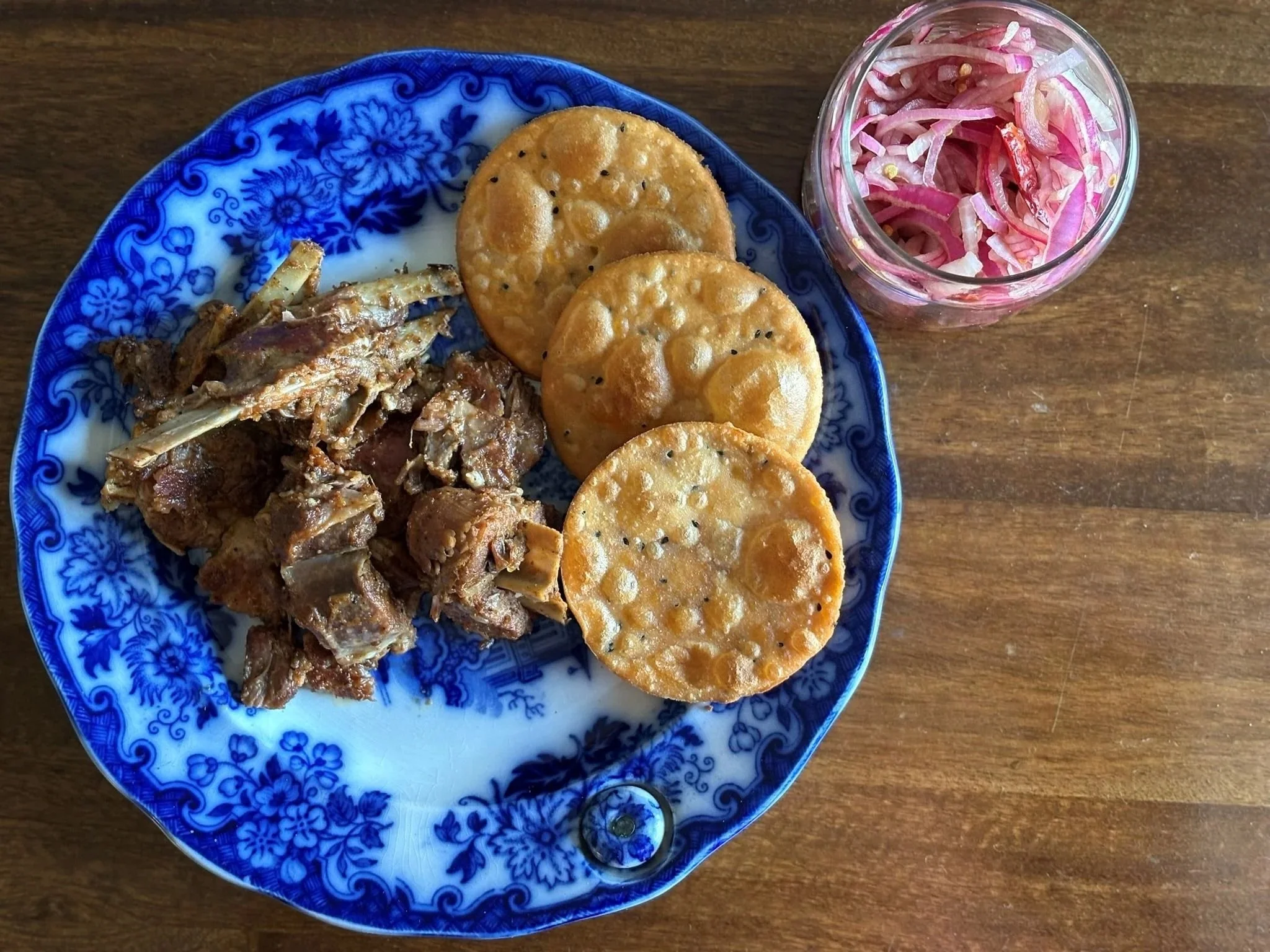
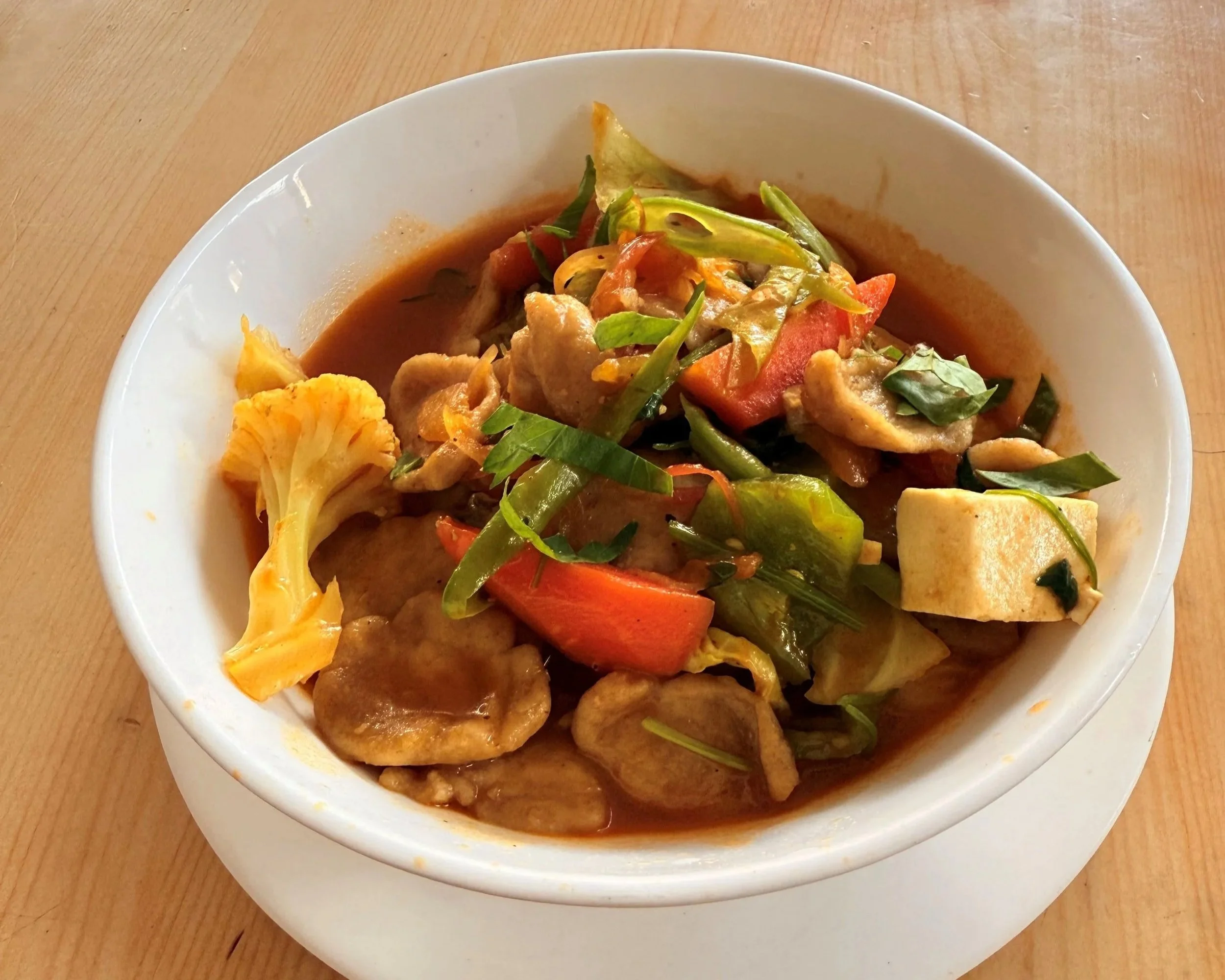
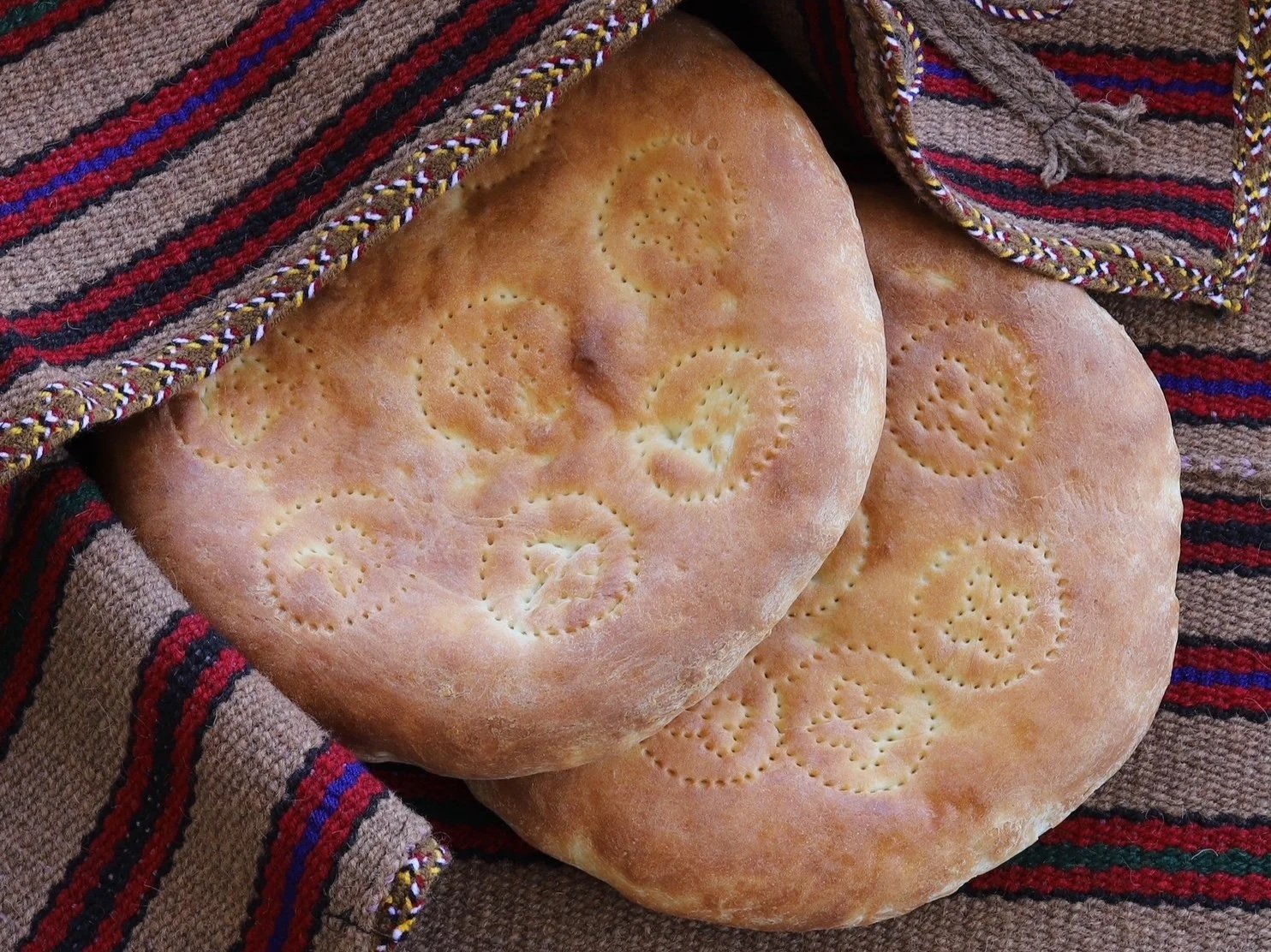
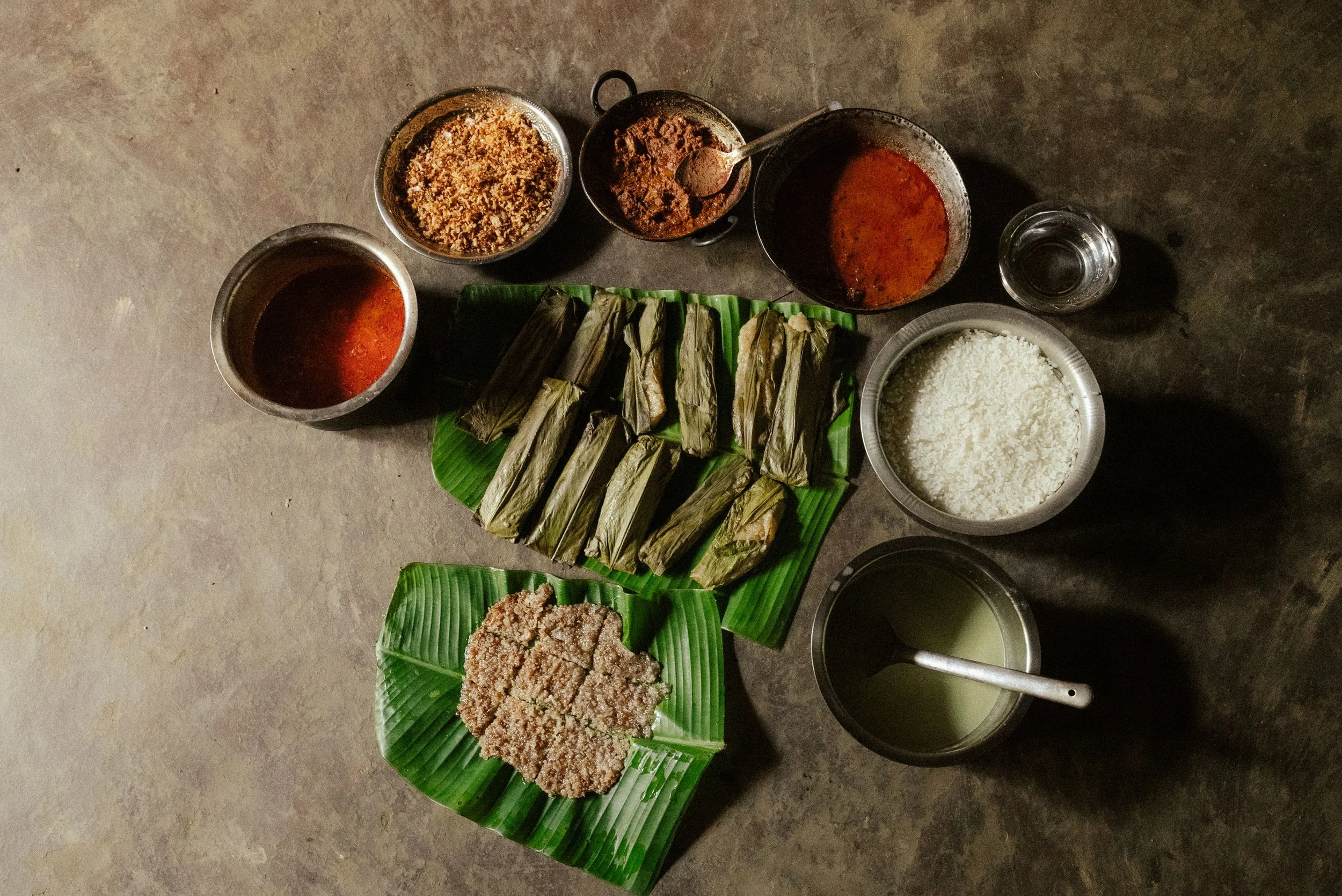
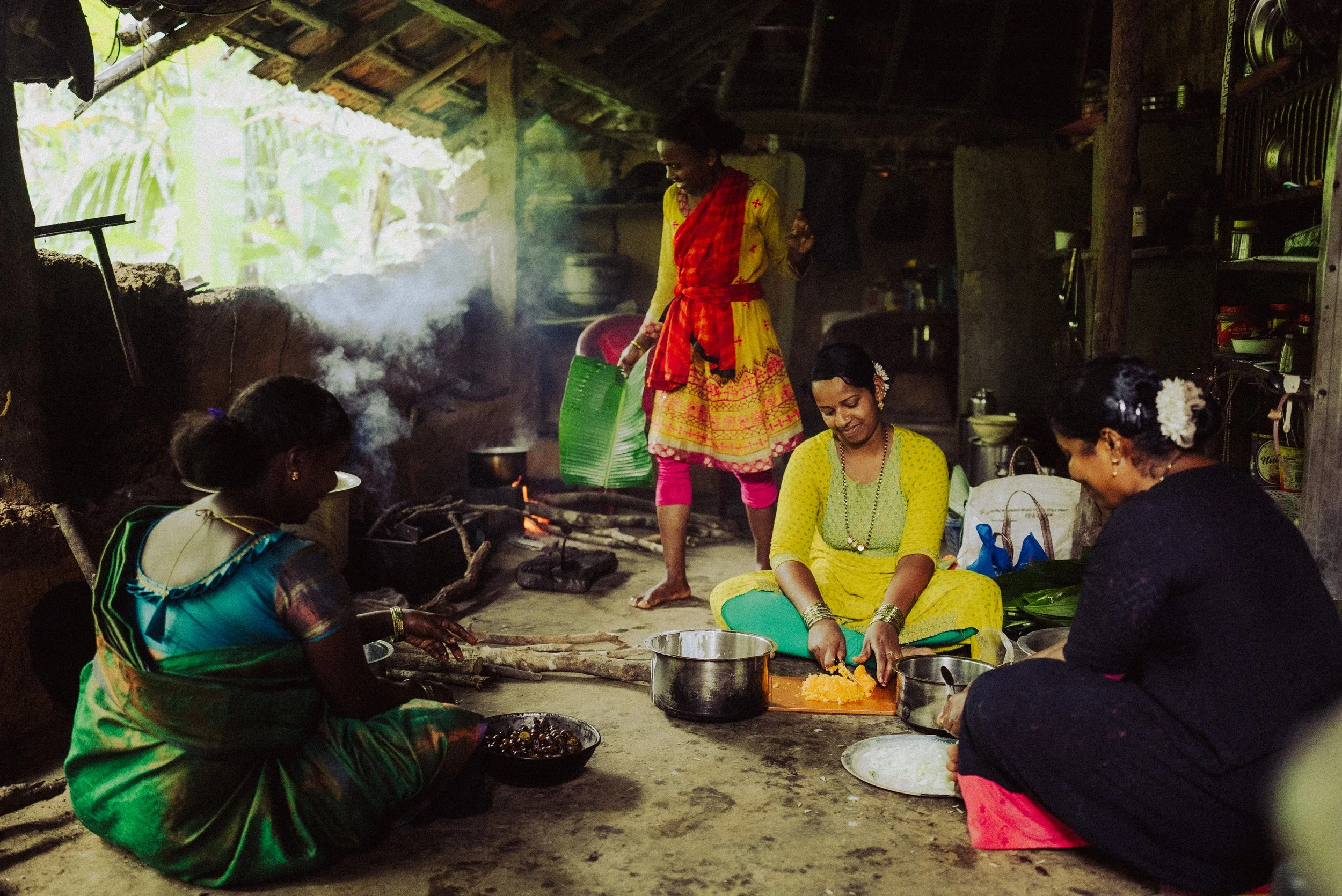
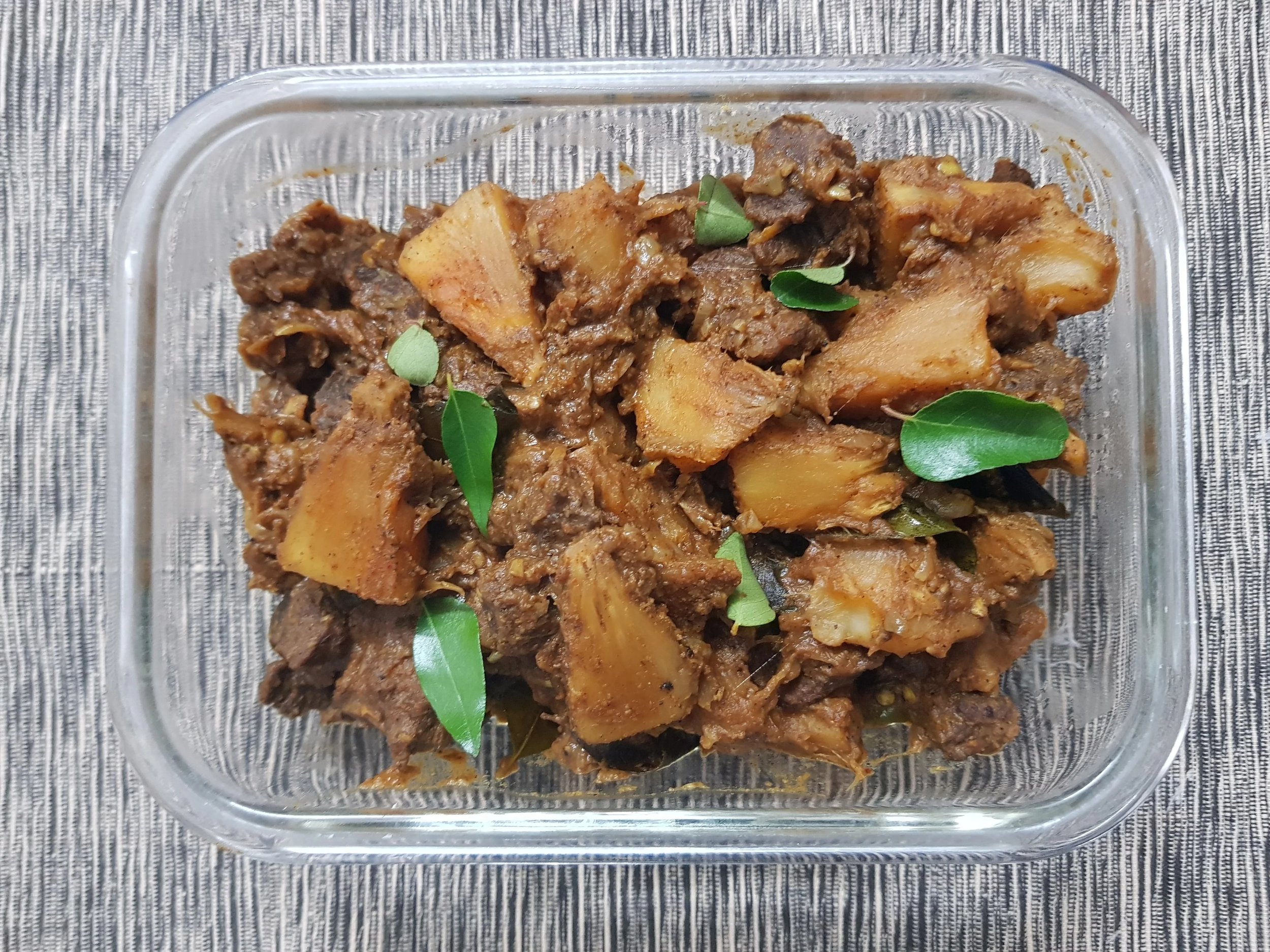
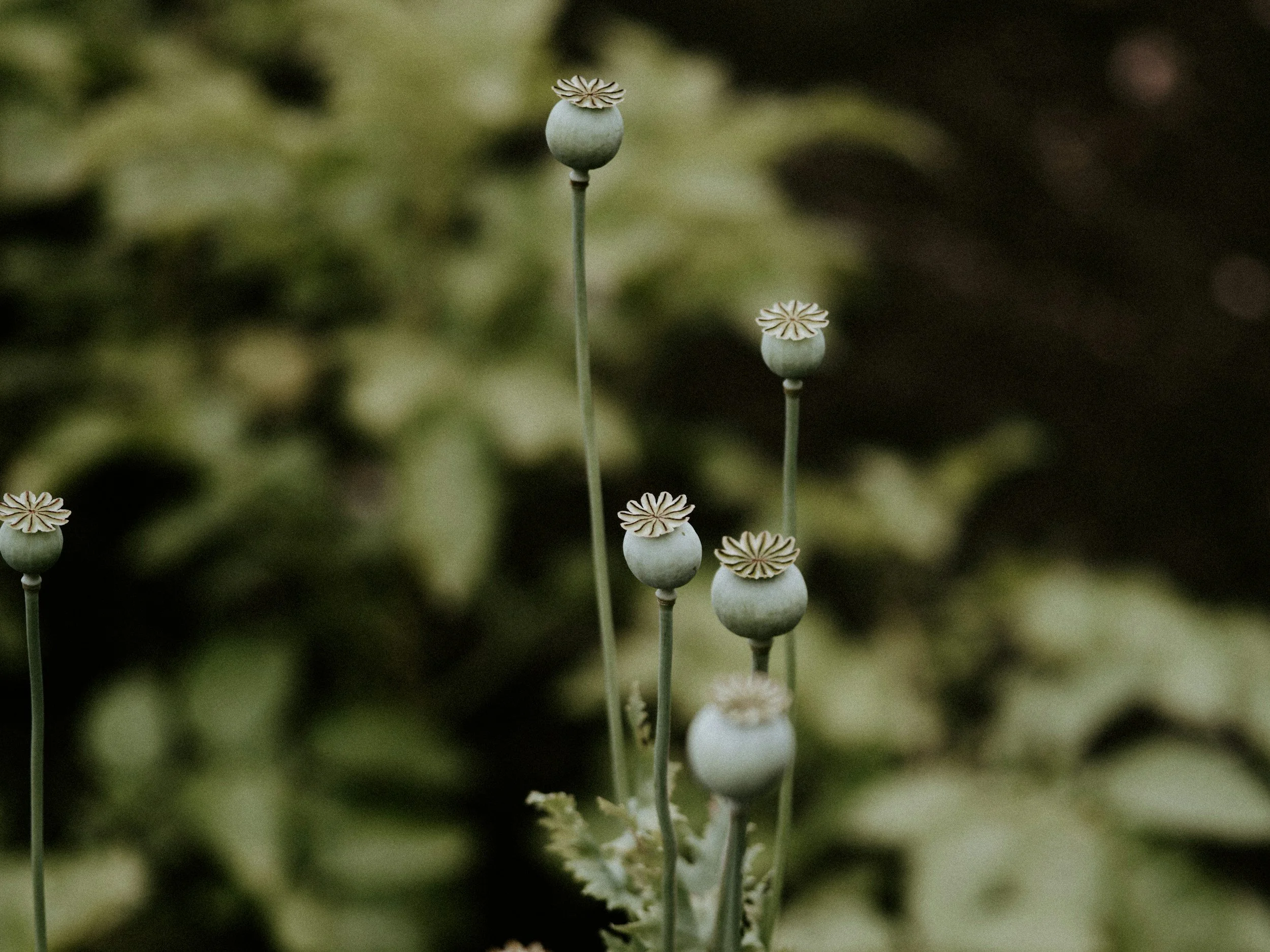
Neo-nomad cuisine of Central Asia | Terrence Manne